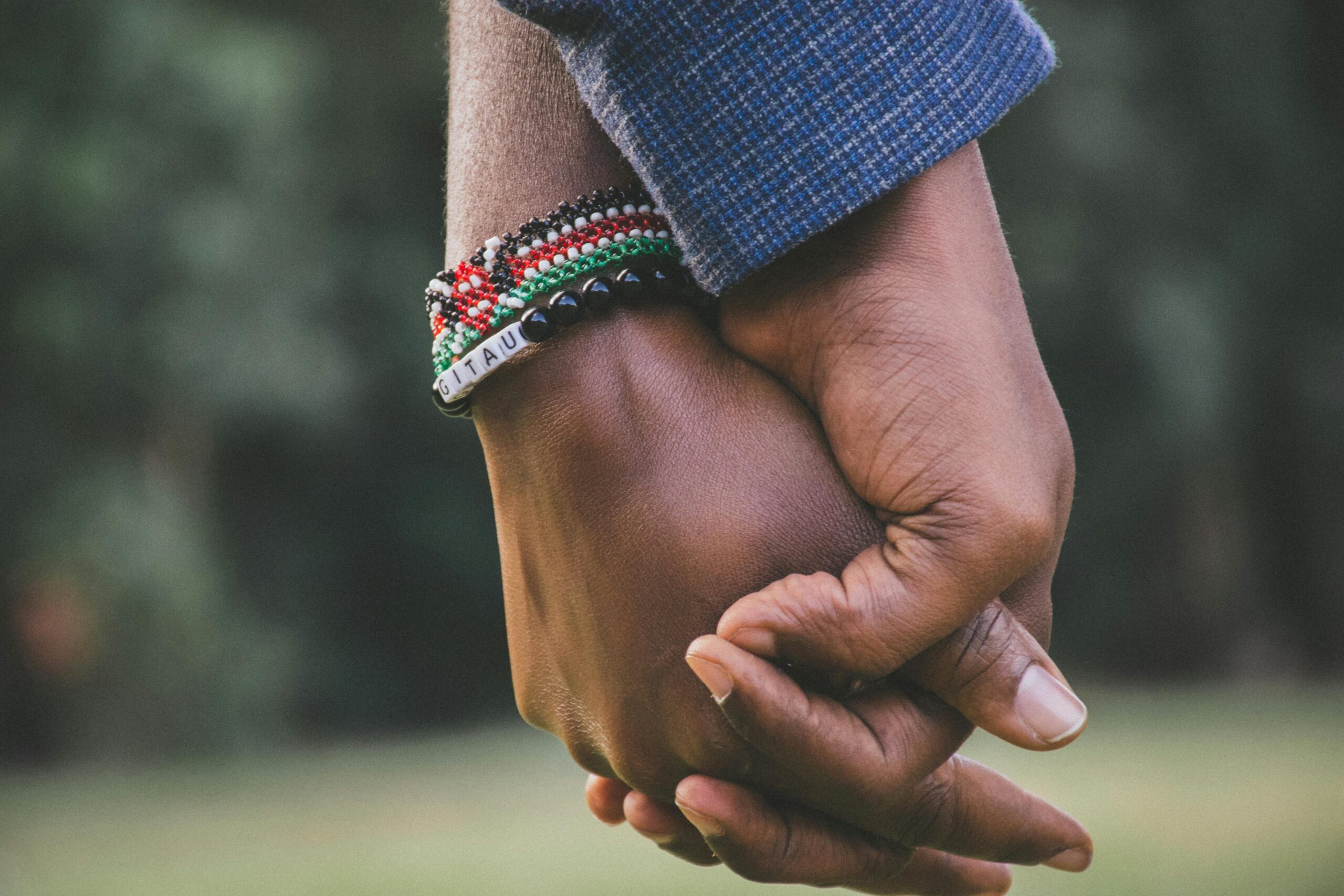A Journey Shared
Mindful healing after gambling addiction is not just about quitting bets—it’s about learning how to slow down, face discomfort, and rebuild from within. For many, recovery begins when silence finally feels safer than the rush. This is the kind of story shared by countless people who have lived through the highs and lows of addiction—and found a gentler way to heal.
Please know that some links on High Stakes Healing are affiliate links. This means we may earn a commission if you make a purchase, at no added cost to you. These small contributions allow us to provide articles, tools, and support to those in recovery, while recommending only the resources we genuinely value.
From Control to Chaos
Daniel, a 41-year-old sales manager from Phoenix, Arizona, first encountered gambling as harmless entertainment. It started with friendly wagers on hockey games, then evolved into nights spent on betting apps. He told himself, “I’ve got this under control.” But as he would later learn, the illusion of control was what kept him trapped.
In those early days, Daniel believed gambling made him sharper, more focused, more alive. What he didn’t realize was how easily those thoughts masked avoidance—his way of escaping anxiety and stress. Mindful healing after gambling addiction often begins when one learns to sit with discomfort instead of running from it.
The Illusion of Control
Wins gave Daniel a high that mimicked success. Losses were brushed off with confidence. He thought, “I can always make it back.” Yet each loss deepened his spiral. His thoughts drifted from work to odds and scores. His weekends became consumed by the chase. The moment he lost his sense of balance, his identity became tied to winning. This is where mindful healing after gambling addiction becomes crucial—it teaches awareness before behavior turns into habit.
The Breaking Point
Daniel’s turning point wasn’t a dramatic collapse—it was the quiet unraveling of his everyday life. Missed mortgage payments. His wife’s disappointment. The distance growing between him and his children. “I remember standing in the kitchen, watching my wife cry because she found another maxed-out credit card,” he recalls. “That’s when I finally said, ‘I can’t handle this anymore.’”
He realized that recovery wasn’t just about quitting gambling—it was about rebuilding his relationship with awareness, patience, and presence. That is the essence of mindful healing after gambling addiction: learning to meet life as it is, not as we want it to be.
Plan a Better Financial Future
If you’re ready to rebuild after gambling, PocketSmith gives you budgeting tools and forecasts to stay on track. A clear plan makes long-term recovery more sustainable.
Beginning Mindful Healing
When Daniel reached out for help, his first challenge wasn’t the gambling itself—it was his pride. Asking for support went against everything he believed about strength. But the deeper he leaned into recovery, the more he understood that mindful healing after gambling addiction requires vulnerability, not perfection.
His first steps were practical: handing over financial control to his wife, deleting betting apps, and blocking himself from online casinos. Then came the internal work—therapy sessions, journaling, and practicing mindfulness daily. Through mindful breathing and awareness exercises, he learned to recognize triggers before they controlled him. Mindful journaling as a tool for gambling recovery growth became a cornerstone of his healing, allowing him to track emotions, notice patterns, and celebrate progress. By combining mindfulness with journaling, Daniel built resilience and clarity, turning daily reflection into a steady path forward.
Each day became a practice of stillness and self-compassion. He started running again, not to escape his thoughts but to move with them. He began each morning by reflecting on gratitude instead of chasing adrenaline. Slowly, mindful healing after gambling addiction turned into a way of life, not just a coping strategy.
The Turning Point
The most profound shift for Daniel came when he realized that recovery wasn’t about proving he could gamble responsibly. It was about choosing peace over chaos. “I used to think gambling made me strong,” he says. “Now I see strength in walking away.” That insight captures what mindful healing after gambling addiction truly means—finding empowerment through stillness, not through risk.
Mindfulness taught Daniel how to observe urges without acting on them, to pause instead of react. This awareness helped him manage stress in healthier ways and reconnect with his family. He no longer defines success by financial wins, but by emotional clarity and connection.
Life After the Addiction
Today, Daniel continues to practice mindful healing after gambling addiction by staying connected with support groups, maintaining open communication with his family, and continuing mindfulness practices. Trust takes time, and the financial damage remains a slow rebuild, but he now sees each day as progress rather than punishment.
He journals about moments of gratitude, engages in mindful reflection before making decisions, and replaces risk with presence. Mindful healing after gambling addiction has taught him that recovery isn’t about returning to who he was—it’s about becoming someone new.
A Journey Shared by Many
Daniel’s story echoes the experience of many who struggle with gambling addiction. While the details differ, the emotional journey is universal. The path of mindful healing after gambling addiction shows that anyone—regardless of how far they’ve fallen—can begin again through awareness and intention.
Mindfulness doesn’t erase the past; it reshapes how we live with it. In learning to slow down, breathe, and listen, we create room for healing to take root. And in that stillness, we rediscover who we were always meant to be.
Related Readings from High Stakes Healing:
- Recognizing Gambling Addiction
- Finding Peace Through a Solo Retreat for Gambling Recovery
- Printable Templates for Daily Reflection and Progress Monitoring
- Finding Joy and Meaning in Life Beyond Gambling Addiction
Tools to Help You Heal — Inside & Out
From therapy and budgeting apps to mindfulness and reading guides, our Recovery Tools & Resources page is your companion for rebuilding emotionally, financially, and mentally.





